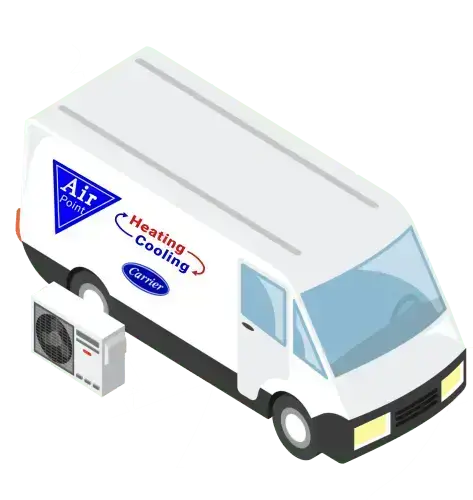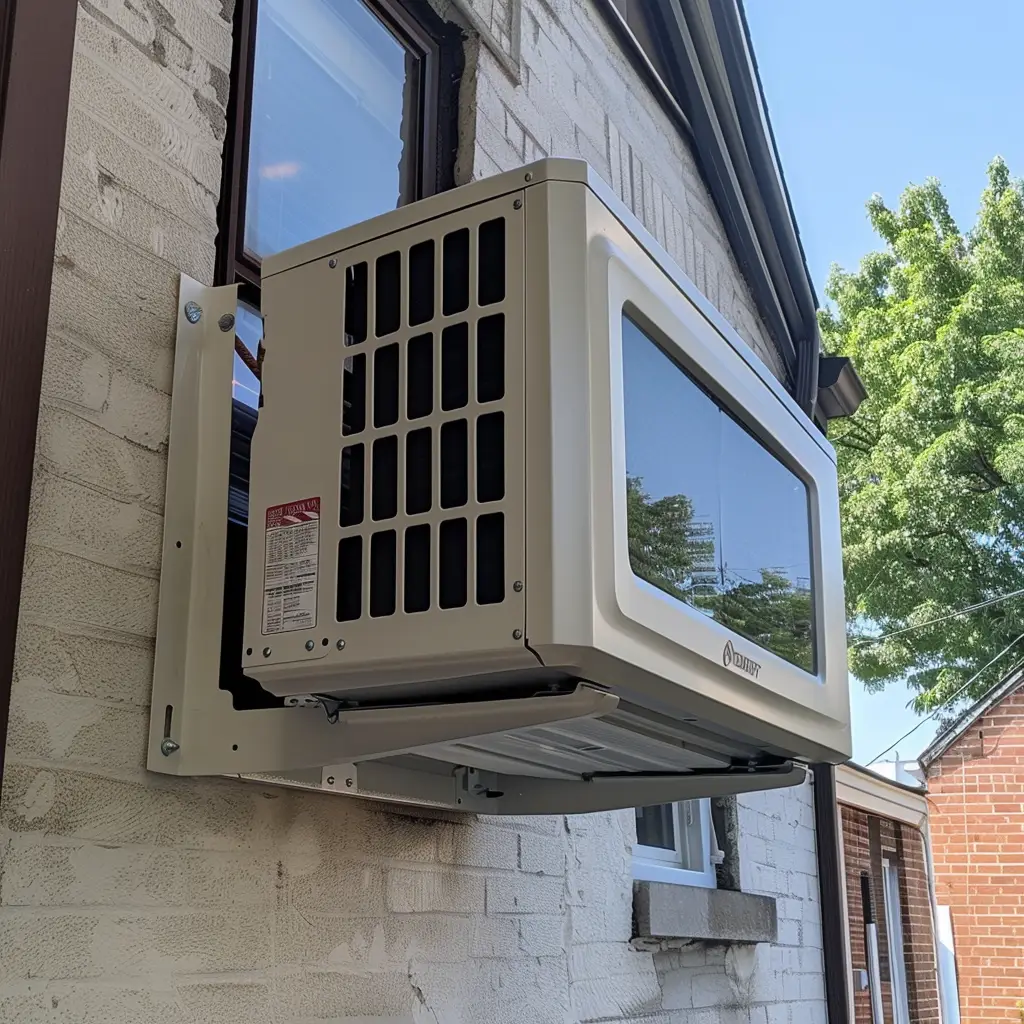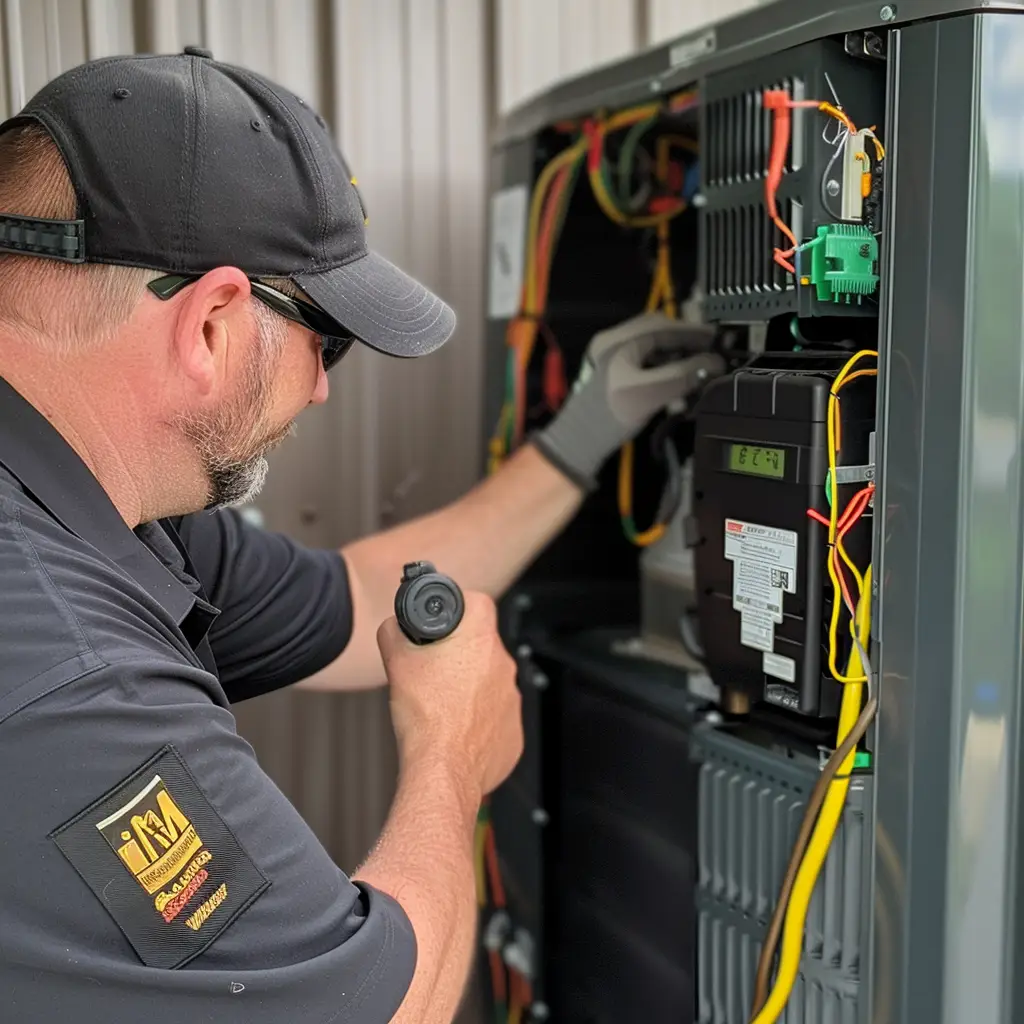Experiencing furnace noises can be a frustrating and worrying experience for homeowners. The good news is that most furnace noises can be easily diagnosed. However, ignoring the problem can lead to further damage to the furnace or even create a safety hazard. If you are experiencing furnace noises, it is important to have them checked out as soon as possible to ensure the safety and efficiency of your heating system.
Here are a list of reasons why your furnace may be making noises and how to solve them:
1. Dirty or clogged burners
Dirty or clogged burners can cause a furnace to make noise because they can interfere with the normal operation of the furnace. When the burners are dirty or clogged, they may not burn fuel properly, causing them to make loud popping or cracking noises as they try to operate.
Four easy steps to replace a dirty or clogged burner:
- Turn off the power: Before you begin any repair work on your furnace, you must turn off the power to the unit to ensure your safety. You can do this by switching off the circuit breaker or by unplugging the furnace from the wall outlet.
- Remove the old burners: Once you have located the burners, you will need to disconnect them from the gas line and any electrical connections. This will usually involve removing screws or nuts to loosen the connections. Once the burners are disconnected, you can carefully remove them from the furnace. Take care not to damage any other components as you remove the burners.
- Install the new burners: Follow the manufacturer’s instructions to install the new burners. Make sure that the burners are properly aligned and tightened into place.
- Connect the new burners: Once the new burners are installed, you will need to reconnect them to the gas line and any electrical connections.
2. Loose Parts
Loose parts can cause a furnace to make noise because they can rattle or vibrate as the furnace operates. This can create a variety of noises, including knocking, rattling, or buzzing sounds.
To solve this problem, you will need to locate and tighten any loose parts in the furnace. This may involve inspecting the furnace and tightening any screws or bolts that have become loose. You may also need to replace any parts that are damaged or too worn out to be tightened.
Common Loose Furnace Parts
- Burner assembly: The burner assembly consists of the burners, the igniter, and the gas valve. If any of these parts are loose, they may rattle or vibrate as the furnace operates, causing knocking or buzzing noises.
- Heat exchanger: The heat exchanger is a component that transfers heat from the burners to the air that is circulated through the home. If the heat exchanger is loose, it may make knocking or rattling noises as it expands and contracts during operation.
- Ductwork: The ductwork is responsible for distributing heated air throughout the home. If the ducts are not properly secured or are damaged, they may vibrate or make knocking noises as the air flows through them.
- Blower assembly: The blower assembly consists of the blower motor and the fan blade. If the motor or fan blade are loose, they may vibrate or make knocking noises as they spin.
- Motor mount: The motor mount holds the blower motor in place. If the mount is loose, it may cause the motor to vibrate or make knocking noises as it operates.
- Control panel: The control panel houses the controls and electrical components of the furnace. If any of the components in the control panel are loose, they may vibrate or make buzzing noises as they operate.
3. Worn-out or failing components
Worn-out parts can cause a furnace to make noise because they may not function properly, causing the furnace to struggle to operate. This can create a variety of noises, including knocking, grinding, or squealing sounds.
Common worn-out furnace parts that can make noises
- Bearings: The bearings in the blower motor, fan blade, and other moving parts can wear out over time, causing them to make grinding or squealing noises as they operate.
- Belts: The belts that drive the blower motor and other components can wear out or become misaligned, causing them to make squealing or slapping noises as they spin.
- Burners: The burners can wear out or become clogged over time, causing them to make knocking or popping noises as they try to burn fuel.
- Igniter: The igniter is responsible for lighting the burners. If it is worn out or damaged, it may make clicking or snapping noises as it tries to ignite the burners.
- Heat exchanger: The heat exchanger is a component that transfers heat from the burners to the air that is circulated through the home. If it is damaged or worn out, it may make knocking or grinding noises as it expands and contracts during operation.
You will need to replace any worn-out parts in the furnace. This may involve inspecting the furnace and identifying any parts that are damaged or not functioning properly. You will then need to purchase and install new replacement parts to restore the furnace to proper working condition.
4. Obstructions In The Ducts
Obstructions in the air ducts can cause a furnace to make noise because they can interfere with the normal flow of air through the ducts. This can create a variety of noises, including knocking, vibrating, or buzzing sounds.
To solve this problem, you will need to locate and remove any obstructions in the air ducts. This may involve inspecting the ducts and removing any debris or blockages that are causing the issue. You may also need to repair or replace any damaged or improperly installed ducts.
5. Improper Installation
If your furnace was not installed correctly, it may make loud noises as it tries to operate.
To solve this problem, you will need to have the furnace inspected by a professional HVAC technician to identify any issues with the installation.
For more information on why your furnace is making noises, check out this video by AMRE Supply
Call Us For A Quietly Running Furnace
For loud noises or any other furnace problem in the Greater Toronto Area, give us a call for a diagnosis. We’ll quickly determine the issue and provide you with a solution in no time. We have the knowledge and experience to safely and effectively diagnose and fix any issues with your furnace.





